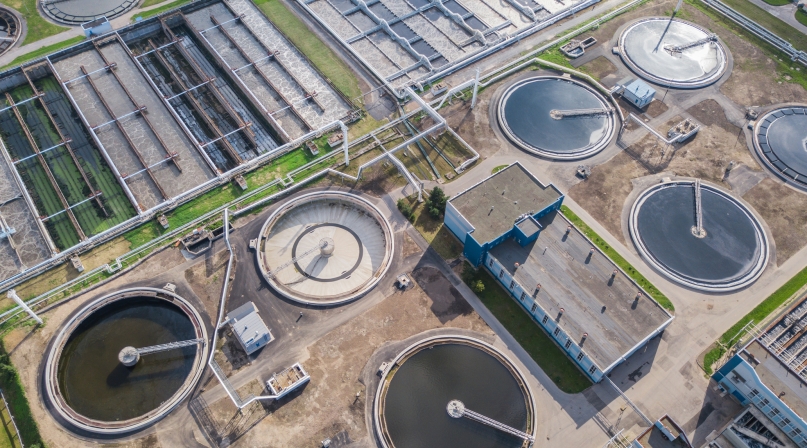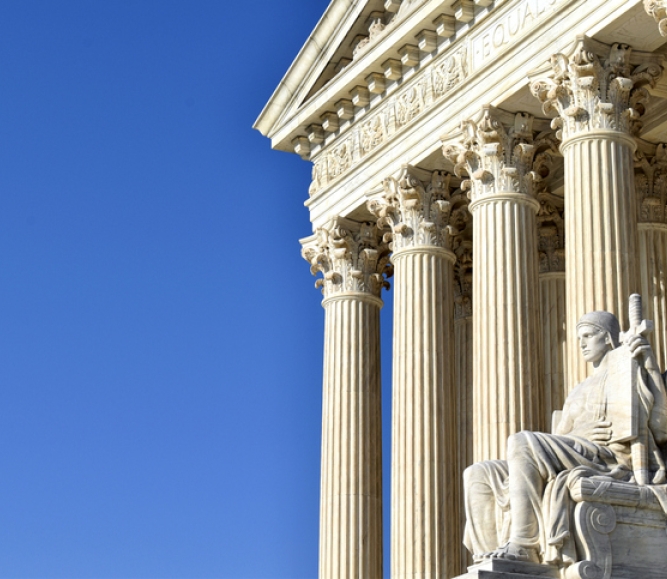NACo Legal Advocacy: San Francisco v. Environmental Protection Agency (EPA)
Author
Upcoming Events
Related News

COUNTY NEXUS
San Francisco v. Environmental Protection Agency (EPA) has implications for the ability of county governments that own and operate wastewater treatment facilities to comply with National Pollutant Discharge Elimination System (NPDES) permit requirements.
BACKGROUND
Under the Clean Water Act (CWA), the NPDES program protects water quality by directing the Environmental Protection Agency (EPA) or an authorized State to issue permits with clear effluent limits for wastewater treatment facilities that accept, treat and discharge sewage and stormwater. In 2019, EPA and California issued one such permit to one of the City and County of San Francisco’s wastewater treatment plants. However, instead of setting specific effluent limits, the permit prohibits discharges that “cause or contribute to a violation of any applicable water quality standard” and bars the creation of “pollution, contamination, or nuisance” as defined by a provision of state law.
San Francisco sued, arguing that the permit is not specific enough in setting limits on how much pollution local wastewater treatment and collection facilities can send into the Pacific Ocean. In taking up the Case, the Court will determine whether the CWA allows the EPA or an authorized state to impose and enforce generic prohibitions around water quality standards in wastewater discharge permits.
NACo ADVOCACY
In a Local Government Legal Center Amicus Brief in support of the petitioner, NACo outlined the critical role that county governments play in ensuring that there is basic sanitation in the forms of reliable drinking water, sewage treatment, and flood control in our communities. We emphasized the need for clear, specific effluent limits in NPDES permits to properly comply with the CWA and avoid exposure to costly enforcement action.
CURRENT STATUS
On March 4, 2025, the Supreme Court held in a 5-4 decision that EPA exceeded its authority by imposing vague “end-result” requirements. Rather, it is EPA’s responsibility to outline specifically “what steps a permittee must take to ensure that water quality standards are met.” This decision clarifies our particular role under the CWA to help us better comply with regulations and avoid hefty penalties for violations due to unclear permit requirements.
Featured Initiative
Supreme Court Advocacy Hub

